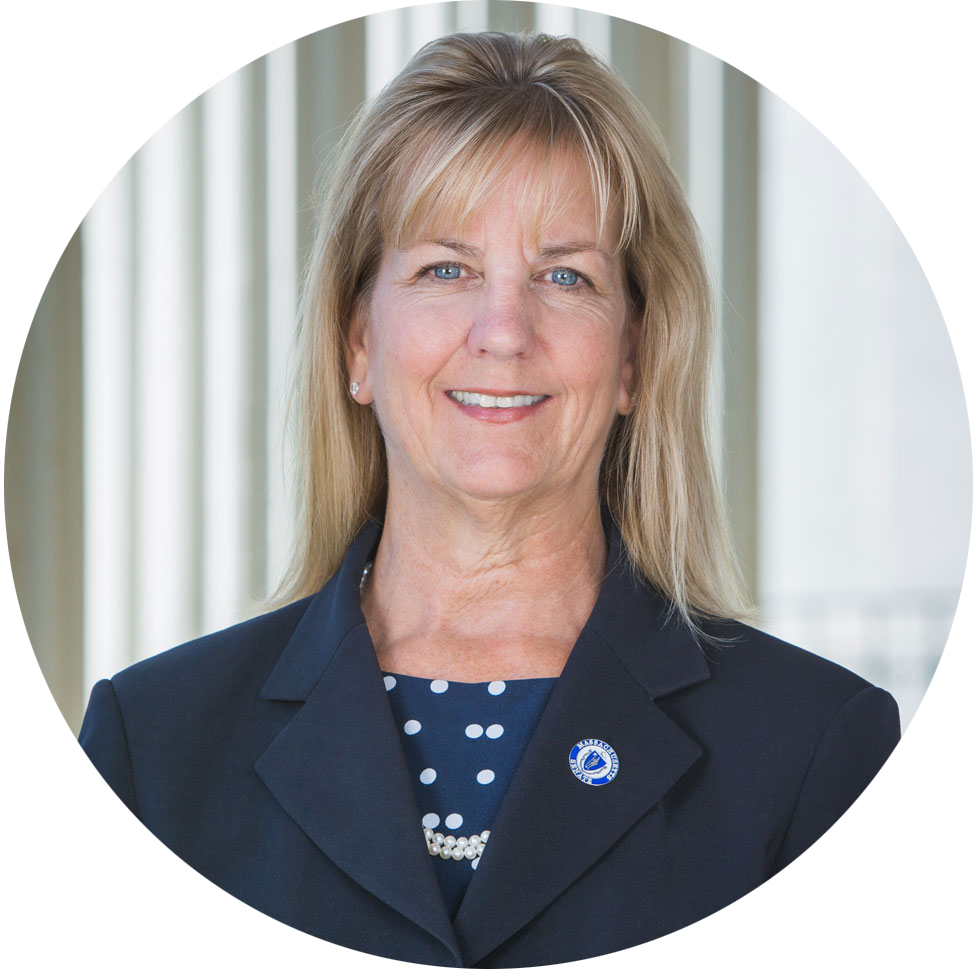The biggest item on the list: Housing.
“We have people calling us all the time who are literally packing an apartment up because they’ve been evicted. It’s dire,” state Sen. Joan Lovely, D-Salem, said. “We are woefully behind in our housing units.”
Governor Maura Healey unveiled a $4 billion plan in October to build 40,000 new homes, including 22,000 homes for low-income households and 12,000 for middle-income households. Called the Affordable Homes Act, it would also rehabilitate 12,000 homes for low-income households.
The proposal, which includes 28 new policies and two tax credits, is still before state legislators. If passed, the bill would be the largest single investment in housing by a governor in state history,according to Healey’s office.
The bill would also allow accessory dwelling units less than 900 square feet by right in single-family zoning districts throughout the state.
Such accessory units also allow more older residents to sell their homes while still being able to age in-place, said Lovely and state Sen. Brendan Crighton, D-Lynn, who also represents Marblehead and Swampscott. “That was an important piece that I was excited to see in there,” Crighton said. “There’s protections for public housing tenants and a number of other good provisions, so I’m really excited for us to tackle housing this year.”
CTE programs, science and the economy
State Rep. Jerry Parisella, D-Beverly, is the chair of the House Economic Development Committee and expects the governor to file an economic development bill in the near future. The bill will likely help prepare the state for an economic downturn if one arises, provide more support for residents looking to go back to college and support green technology jobs, he said.
Some of this is already playing out on the North Shore. In Salem, the city is preparing for an offshore wind terminal yard to start up on its harbor.
This is a major piece in a regional move to bring sustainable power into Massachusetts, Lovely said. A new career and technical education program at Salem High School will also teach students how to work in the wind energy industry, creating a pipeline of local workers for the new facility.
Salem High and Peabody Veterans Memorial High School are looking to grow their CTE programs now that both schools are in the process of being rebuilt, Lovely said. With more room and better technology for these programs, and a growing demand for CTE classes, these projects will hopefully decrease the annual pool of applicants to Essex Tech.
“Not everyone can get into the Tech,” Lovely said. “Of 1,400 applications, 1,000 won’t get in. We’re not going to build a bunch of new voke schools, but we can offer these programs in our other schools.”
Safety on Route 114
In Peabody, legislators are pushing to make roads safer for both drivers and pedestrians through two proposed bills. State Rep. Tom Walsh, D-Peabody, filed a bill last year to prohibit car carriers from unloading vehicles on public ways in Massachusetts.
Offloading cars has been a dangerous trend seen on Route 114’s middle two-way turn lane, dubbed the “suicide lane” by some local officials, on Andover St reet in Danvers and Peabody. That bill has seen support from Lovely and state Rep. Sally Kerans, D-Danvers, who are also pushing alongside Walsh for the state to allow cameras on the sides of school buses to catch drivers who pass buses that are stopped with a stop sign out.
With sex trafficking an issue in hotels off Route 1 in Peabody, Walsh hopes to pass a bill requiring training for Massachusetts hotel workers in identifying signs of sex trafficking, along with hotels and motels being required to post signs with hotlines and other information for sex trafficking victims in multiple languages.
Similarly, Kerans and Lovely are supporting the proposed “Sex Trade Survivors Act,” a bill that would partially decriminalize the sex trade in Massachusetts by protecting sex trafficking victims from being charged with prostitution.

